Your login information returned multiple users. Please select the user you would like to log in as and re-type in your password.

Over this past weekend, I spent just under 30-hours plowing through Naughty Dog’s latest blockbuster, The Last of Us: Part II. As I am writing this, we have yet to discuss spoilers on our podcast but I have engaged with members of the community in Discord fairly consistently. As someone who (thankfully) managed to go in completely blind despite some pretty serious leaks just weeks ahead of its launch, I was pretty shocked by the audience reception once people had actually played the game. It resonated with me on a deep level but the wider audience reception has been divisive to say the least. I am personally still processing but one thing I know for sure is that this will long be remembered as a game that shook me to my core. I am not here to review the game necessarily but explore the reasons why I think the game did what it did and why I think the final product has split audiences so aggressively (for those who actually played it before forming an opinion). So before you proceed, let me preface this by establishing a couple things:
- This article will be SPOILER-FILLED. If you have not finished the game, perhaps wait until you have to read any further. You have been warned.
- The themes I am going to discuss are representative of my own personal interpretation of the game. I am not claiming to be an expert on the subject or trying to discredit the views or interpretations of anyone who happens to read this. This is therapeutic for me more than anything else.
- The virtual photography used in this article is my own. Please don't use them elsewhere without at least giving me credit on social media (@YourHostNick) or linking back to this article. Thanks!
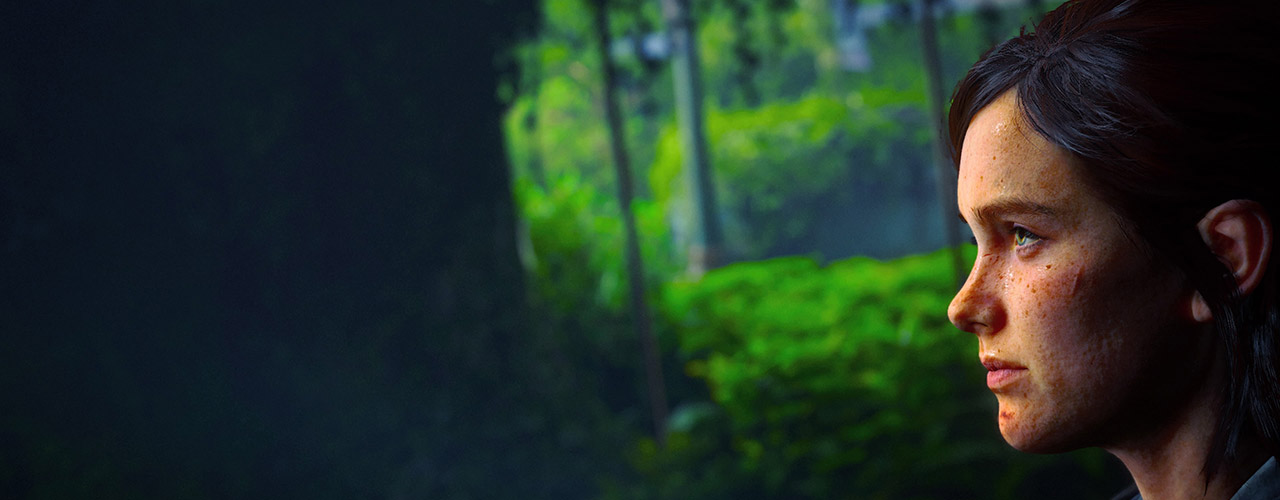
The Last of Us took the gaming community at large by storm back in 2013. It swept up all the Game of the Year awards it could handle and left audiences breathless. People (myself included) frequently described it as a near perfect game with a near perfect ending. The thought of Naughty Dog trying to milk the franchise for more money seemed crazy to some and most people prior to the eventual announcement seemed genuinely opposed to the idea; many wondered what form it would even take: How do you write a sequel to something that seems so perfectly self-contained? Inevitably, the sequel was finally announced and for the most part, people seemed to remember that a sequel meant they would be getting more ‘The Last of Us’ and therefore decided to air on the side of cautious optimism. What people didn’t seem to expect was that rather than build an entirely new story set within the universe, the sequel would build directly off of the shocking ending of the first; an ending that I imagine left players feeling conflicted but happy overall. The result is a sequel that explores themes that would eventually have the opposite effect.
What are the Themes?
Perhaps one of the most frustrating parts of the discourse surrounding this game has been what I consider to be a dramatic oversimplification of the theme(s). When the game leaked, a vocal subset of the fanbase jumped at the opportunity to decry the game because of the decision to violently kill Joel at the outset of the story. Many see this as somehow disrespectful to the character and a heavy-handed way of convincing the audience that "violence is bad." To me, not only is this NOT the theme of the game, it is an intentionally shallow analysis of the game that is fueled by anger. To me, the game demonstrated and reinforced at least 3 core ideas that I will now unpack below.
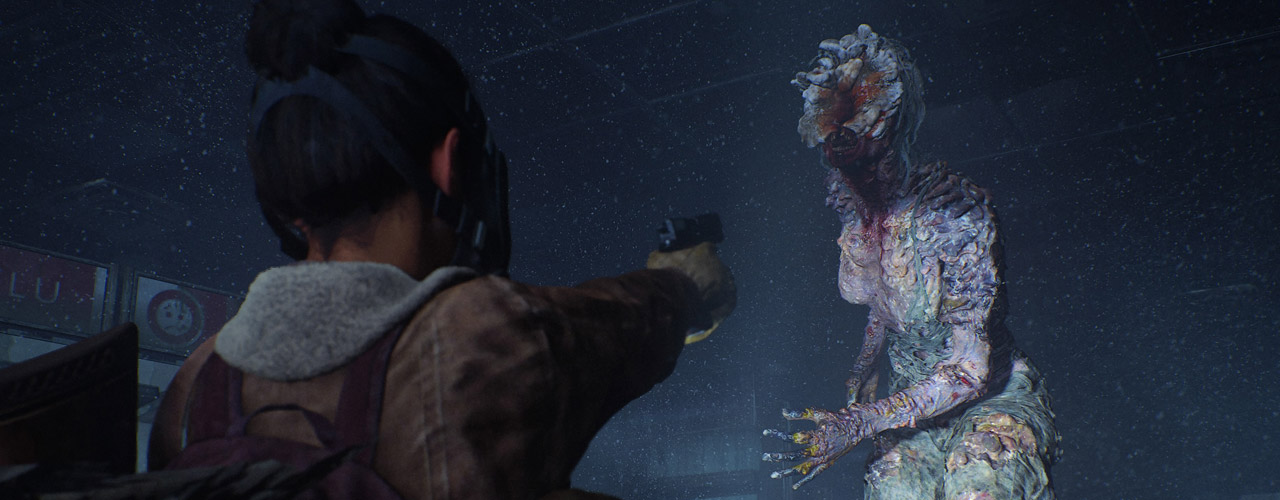
Vengeance is Blind
Pardon my bluntness but dismissing the game for lazily telling the player something that most people already know is not only misleading, it is unconstructive and a waste of conversation. I think a lot of people mistake universality for laziness or shallowness. The Last of Us: Part 2 is literally built (on a structural level) to manipulate player expectations in an effort to make it’s point; not that violence is bad but that indulging the very natural desire to seek vengeance is dangerous because it is frequently misguided. We are made to hate Abby at the outset of the game for not only robbing us of a beloved character but also for violently robbing Ellie of the most important person in her life.
The sequence of events that unfolds after Joel’s murder and the obvious impact it has on Ellie as a character is understandably divisive. Regardless of whether you loved or hated this development, I don’t think there is any logical argument that can be made that it wasn’t authentic, realistic, or perhaps most importantly, lovingly crafted. For the next 10 - 15 hours of the game, I wasn’t oblivious to this impending twist but I understood that from her perspective, Ellie felt justified in her need to go on the warpath. To clarify, I knew that at some point, the game was going to shift gears and try to convince me that Ellie was making a mistake and that maybe I was a bit too quick to judge Abby. However, I was certainly skeptical of its ability to do this because of how much I had grown to care about Joel. Herein lies why I can’t stop thinking about this game: It succeeded.
When I was finally shown how the events of the first game unfolded from an outsider’s perspective, I saw what was happening. Abby was not only betrayed by Joel, her father figure, whose relationship to her mirrored Joel and Ellie, was violently ripped from her also. Suddenly, it didn’t matter to her why Joel did what he did; the only thing that mattered was that he did it. To her, there was no justification. This perfectly represents how Ellie viewed Abby’s actions against Joel as well. Both of these characters were now tragically blinded by their desire to seek vengeance. They had no interest in trying to understand each other and that cost them literally everything and everyone they cared about over the course of this game. It’s a cautionary tale built on the foundation of a simple idea but that doesn’t make the story unrealistic or somehow not worth telling. To be honest, it kind of shocks me that so many people expected this universe to somehow treat these characters as if they were immune to the harsh realities of the world around them.
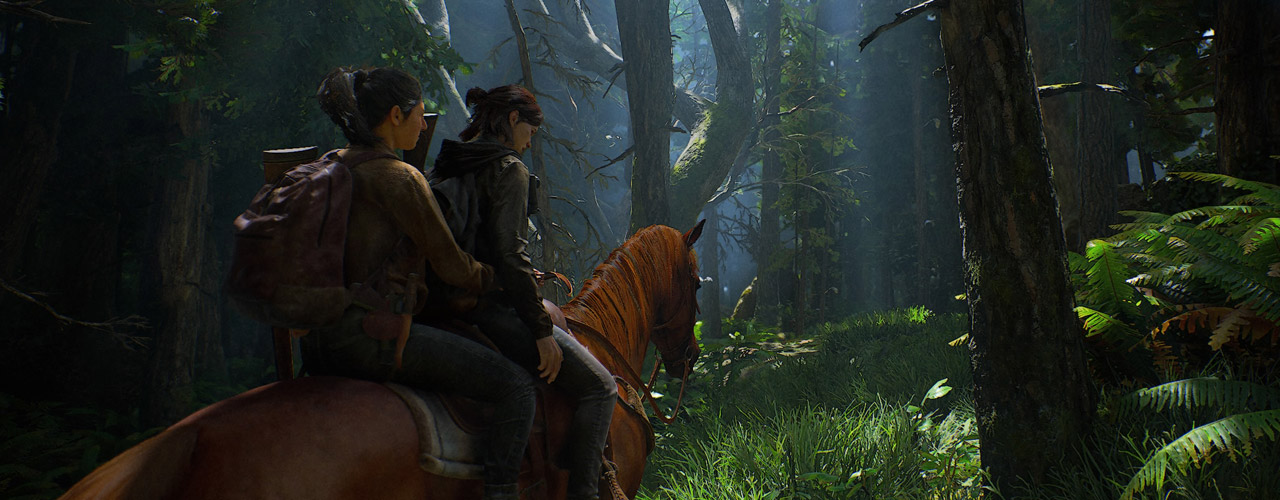
Violence begets violence
The second theme that stood out to me was one that some people have tried to (shockingly) convince me isn’t real: that violence doesn’t guarantee but certainly invites more violence. The first game is remembered fondly for it’s carefully curated story about what it means to be a parent and how that would change a person in the face of incredible danger. It ended with our hero accepting that he has grown to love this girl like a daughter and deciding to sacrifice a potential vaccine in order to save her life. But what some people seem to ignore is that to do this, Joel violently murdered a bunch of people who were doing what they thought was in the best interest of humanity. It’s a decision and an ending that I feel like some people weren’t really willing or ready to explore beyond its immediate gratification. And to be honest, I get that. I was so happy with the way that game ended because I loved these characters so much. I wanted to freeze that moment and imagine that the worst of it was behind them. But the point of the sequel is to explore the reality of the situation.
I think a lot of people feel upset or betrayed because they feel that the cycle of violence that we are supposed to try and come to grips with and understand starts with Abby’s decision to kill Joel. But the truth is the event that set this whole game in motion actually started with Joel’s decision in part 1. This is the central reason why I believe the existence of this sequel is justified. Joel’s decision led Abby to seek vengeance against the man who murdered her father which of course leads Ellie to seek vengeance against her. More importantly, when you break down each of these 3 decisions, you see just how much collateral damage was wrought as a direct result of indulging that need for violence. Which brings me to my final point.
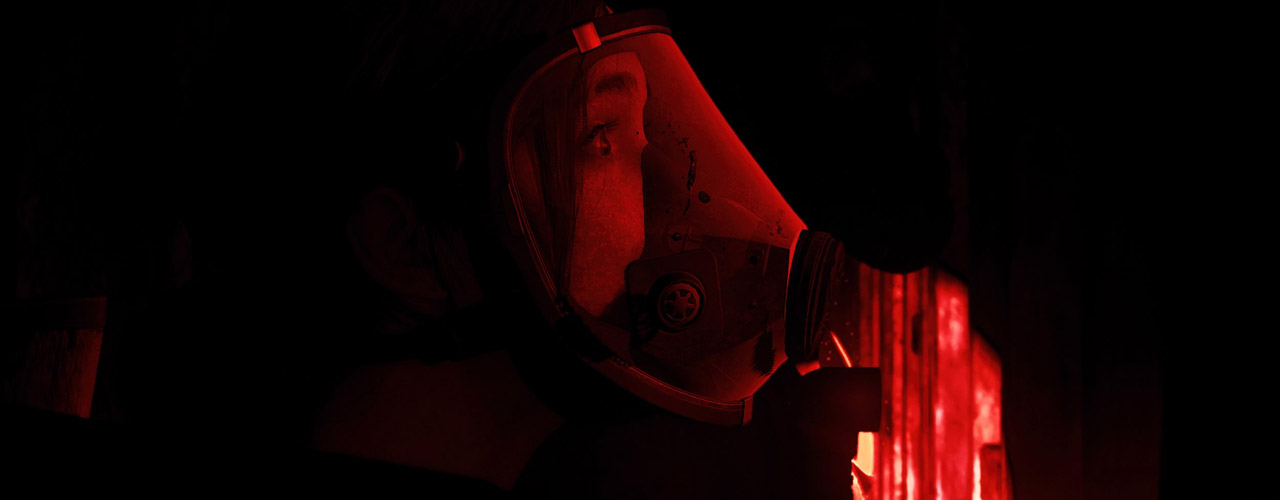
Every Action, Regardless of Intent, has Consequences
The Last of Us: Part 2 obviously explores the violent and selfish side of the human condition but it also seeks to remind us that our decisions have consequences and we must be willing to accept them; if we aren’t, we risk losing ourselves. The three major decision points I referenced previously rippled outward and destroyed so much. They cost the lives of Joel, Jessie, Owen, Mel, Nora, etc. It forces us to watch someone we care about devolve and make a series of terrible decisions when all we really want is to desperately get back to that sense of calm we were left with at the end of Part 1.
Despite this, the game forces you into uncomfortable situations once you finally have all of the context. As a player, I didn’t enjoy the fight with Ellie in the theater; I didn’t enjoy Ellie’s final beatdown on the beach of Santa Barbara. I wanted both of these characters to see what was happening and just walk away. But I felt like these moments were meant to make me reflect on all of the decisions that preceded them. It wasn’t pretty but I never entertained the notion that any of them were acting out of character or outside the scope of human nature but that’s what made them work for me. Because those sequences in particular are physical manifestations of the consequences the game wants you to think about.
Even after Ellie retreats to a life of happiness and solitude with her new family, she is eventually pulled back in. The drive to finish what she started is too strong because she can’t just let go of what happened to Joel. We watch as she once again fails to reclaim herself even while Dina begs her not to do it. It was at this point that I realized a lot of people (myself included) probably will never understand what she was thinking or feeling. Without having a personal point of reference, how could we? It’s hard to imagine giving up a seemingly perfect life to continue down such a dark path. With that said, it never struck me as unrealistic and it was the perfect way to once again illustrate that the decisions we make can have dire consequences; in this case, it cost Ellie her relationship and her family.
Lastly, I want to address one common argument that has bothered me the more I think about it. I have seen a lot of people express disappointment in the fact that Ellie decides to let Abby go at the last moment. To me, this was the only way the game could even remotely reclaim some of that hope that the first game left us with. More importantly, It was the only way to do right by the characters of Ellie and Joel and provide a sense of closure that reinforces the themes. We already got to see Abby grow into someone who resembles Joel, the man she started out hating, when she became Lev’s protector. By the end, she had broken the cycle of violence for the sake of this new surrogate son. All that was left was for Ellie to reach the same conclusion. I was left internally screaming at Ellie because I wanted her to understand that killing Abby wasn’t going to fix anything; in fact, it would probably have the opposite effect. This idea is even demonstrated when Abby tells Lev that she is helping him because she feels the need to “Lighten the load.” So in that final moment, I was so happy when Ellie finally reclaimed her sense of self and did the right thing; she broke the cycle and in that moment, became (to some extent) the Ellie that we knew before. It was an important moment that I feel had to happen. Without it, the game would truly be what the harshest critics have been saying all along: a horrifically bleak game with no actual point.
I am not sure if I accomplished what I set out to accomplish with this article but it definitely feels good to articulate what has been bouncing around in my brain for days. I hope some of these thoughts are as organized and palatable as they seemed in my head. This game kind of wrecked me and putting my thoughts to “paper” seemed like the best way to work through them. I know this game isn’t perfect and there are a lot of design and narrative decisions that are worthy of debate but discussing them openly and organically in Discord or social media can sometimes be extremely frustrating. This is especially true when you recognize that the game being discussed connects with you on a deep level like this game did for me. I am always interested to hear what you think so drop me a comment down below or ping me in Discord if you want to continue the discussion. Thanks for reading!
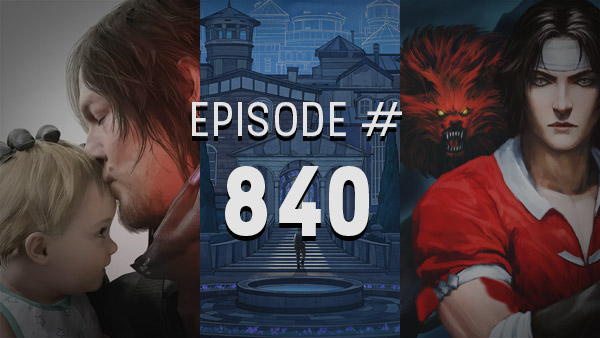
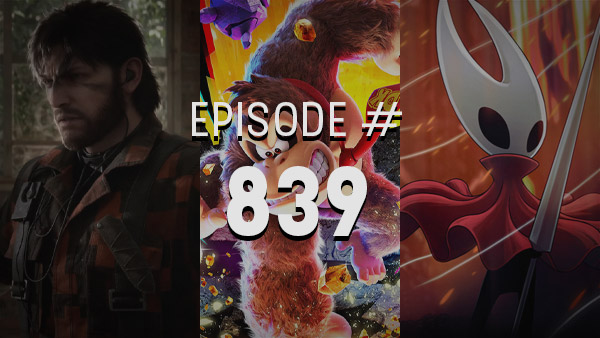
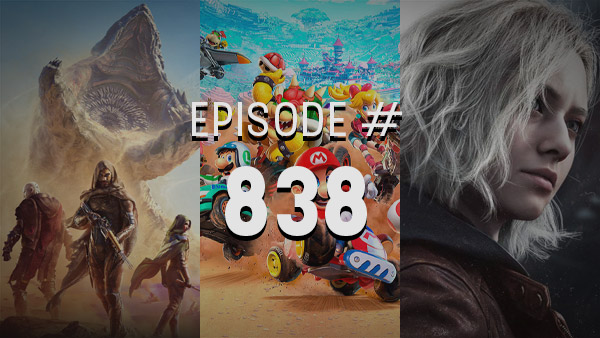
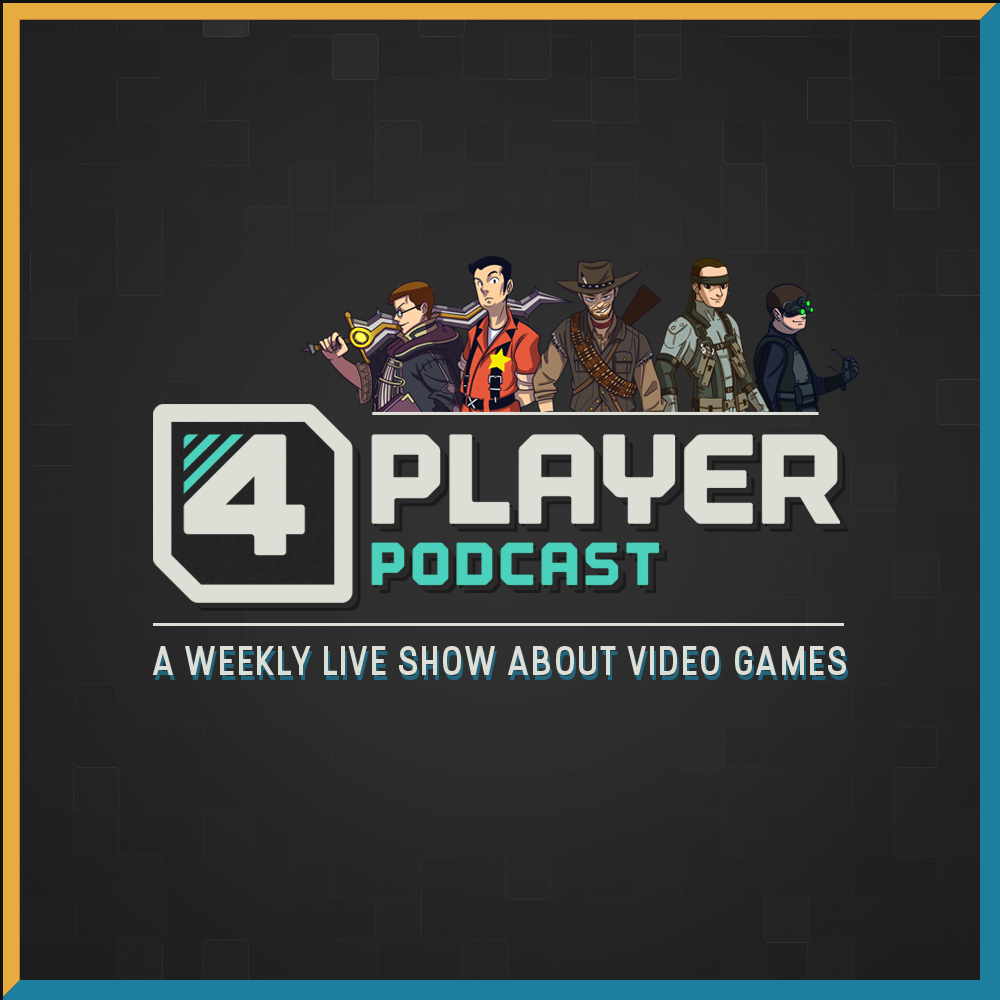
Comments
5 years ago
I'm glad you wrote this even though I mostly disagree with the points you are making here. I'm happy you were able to enjoy it, but unfortunately I have vastly mixed feelings on the game. I can't help but feel like most of the disappointment from the game is also being misplaced by the fans and the community, at least from my point of view. My issues mainly stem from the motives and irrational decision making from most of the characters. I never had a problem with Joel being murdered in a brutal way. Joel was an absolute monster to them, and he didn't deserve a hero's death. However, Abby's killing him in front of a girl who's begging her to stop, sobbing her eyes out and she lets her go. How do you not look like an absolute monster yourself in that situation, even if you believe your reasons are valid? I never warmed up to Abby, even after learning about her reasons for killing Joel. Her relationship with her friends at camp as well as Mel and Owen are probably lukewarm at best. She doesn't really share the same chemistry Joel and Ellie have with Lev and his sister. Joel and Ellie have been traveling with each other for months, while there's barely a relationship being established with Lev. Her need to help Lev and Yara isn't believable because it's not fully explored enough. I can see why she'd help after they saved her, but she tries to go to far lengths to make sure they're ok? I dunno, I didn't buy that Abby was selfless enough to care for others, especially for people her camp is at war with. Far different than Joel's motives in Last of Us 1, a man who only agreed to transport a girl because he could get more supplies. But the relationship is built up over months because it takes awhile for two different characters to warm up to each other.
There's the point you made about the cycle of violence, but again it does not work. Why would the cycle not have been broken not when Ellie chooses to spare Abby, but when Abby chooses to spare Dina? Ellie of all people who killed a pregnant woman herself, should've resolved to not go after Abby after she spares Ellie's pregnant girlfriend. I also wasn't comfortable with friends being killed and just sort of being forgotten about. Jesse, and Manny in particular are killed right in front of each respected protagonist character, but there's not a single moment mourning them, despite how both people placed their lives in danger to assist each protagonist. It's absolutely jarring. It's also bizarre to me that for two protagonists who are in both similar situations and losses, barely talk to each other as people. They just kinda go through the whole game thinking the other person is a complete monster without finding about their true reasons.
(Pt.1, continued, sorry character limit)
5 years ago
(Pt. 2, continued)
I know I'm sounding very negative towards the game. I do like it, I did have fun with it, and the technical design of it is pretty magnificent. But I wish the ideas with the story they were going for was executed better. I was hoping to play Abby's side of the story, sympathizing with her as I was hoping her story would be tangential with Ellie's but view Ellie as the villain. And that just didn't happen. It was far too disconnected with Ellie's side of the story. But I'm more disappointed that the sympathy cards played in Abby's favor didn't work for me. There's a few other things that bothered me. like each time Ellie had to kill someone out of self defense even if she had the upper hand. Why wouldn't the first thing you mention to someone with a knife that the woman next to you is pregnant? Why would a pregnant lady go after a girl with the knife after her athletic looking boyfriend failed to do so? You could chalk it up to pure anger, but it just screams Walking dead levels of irrationality. Anyway, I said my piece. I wanted to talk about it with other people, but most of em are too angry over a little video game. I feel sorry for all the ND developers as well as Baker or Johnson who are probably getting death threats from a bunch of manbaby gamers who can't process the feeling of disappointment.
Also I had to reread this sentence from your article several times and I still don't understand it: "Abby was not only betrayed by Joel, her father figure, whose relationship to her mirrored Joel and Ellie, was violently ripped from her also. "
Hope you're still having a good and safe quarantine, Nick.
5 years ago
Dave,
First of all, thanks so much for reading and leaving your thoughts. I think you made some good observations. Here are just a couple thoughts that crossed my mind when reading your reply:
1.) I don't think the game really wanted you to warm to Abby, just understand where she was coming from. Both of these characters behave monstrously but at the same time, a lot of time is dedicated to presenting them as regular people (Ellie more so since she had an entire game dedicated to this). In a way, I guess it demonstrates that even normal, decent, people are capable of terrible things.
Both Abby and Ellie were making decisions fueled by anger and obsession. Abby wasn't about to stop beating Joel because Ellie was begging her to do so but she WAS singularly focused on Joel. In effect, she was different then Ellie in that she didn't feel the need to let her hatred bleed over onto other people... at least until Ellie decided to get her own payback.
2.) What I liked about Abby and Lev's relationship is that it slowly developed into something that resembled Joel and Ellie. Whether you warmed to her or not, that moment at the end where Ellie lets Abby off the pillar and Abby's only concern is immediately getting Lev to the boat was pretty powerful. She had shed her desire for vengeance completely in the interest of caring for Lev. It even seemed like she was ready to cooperate with Ellie so they could all get out alive.
3.) Lastly, in regard to the side characters being killed and not mourned. I don't think this is the case. In a survival situation like that, there wasn't any time to stop and mourn. After they made it out alive, there is a time jump and it is made clear that Jessie's family is supportive of Dina and Ellie; not only that, I believe it's implied that JJ is named after Jessie. In regards to Manny, Abby goes berserk and hunts down Tommy (and by extension, Ellie) and kills Jessie for killing all of her friends (Manny included). I don't think the game ever forgets that these characters were important.
Anyways, thanks for the reply. I hope this made sense. I was trying to write up my thoughts pretty quickly.
5 years ago
Just wanted to say it was a nice piece, Nick. Looking forward to the spoilercast.